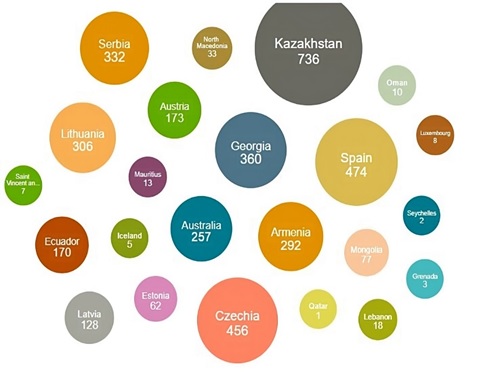Emerging Trends and Advances in the Diagnosis of Gastrointestinal Diseases
Abstract
 Abstract Views: 0
Abstract Views: 0
Recently, Artificial Intelligence (AI)-based techniques, namely machine learning (ML) and deep learning (DL) have gained exceptional devotion in conducting the analysis of medical images because of their capacity to provide outstanding results that can compete with specialists. Despite the rise of artificial intelligence-based research on peptic ulcer diseases, limited reviews are available concerning this area. For this purpose, the researcher reviewed artificial intelligence techniques used for detecting and classifying gastrointestinal diseases in wireless capsule endoscopy images. Furthermore, this study investigates the tremendous potential for peptic ulcer disease that has been cited in the prior literature. The findings demonstrated the value of WCE picture analysis using machine learning and deep learning techniques. Additionally, further, limitations were found in the availability of datasets and assessment measures, which have an impact on the reproducibility of experiments.
Downloads

Copyright (c) 2023 Muhammad Nouman Noor

This work is licensed under a Creative Commons Attribution 4.0 International License.
BSR follows an open-access publishing policy and full text of all published articles is available free, immediately upon publication of an issue. The journal’s contents are published and distributed under the terms of the Creative Commons Attribution 4.0 International (CC-BY 4.0) license. Thus, the work submitted to the journal implies that it is original, unpublished work of the authors (neither published previously nor accepted/under consideration for publication elsewhere). On acceptance of a manuscript for publication, a corresponding author on the behalf of all co-authors of the manuscript will sign and submit a completed the Copyright and Author Consent Form.










